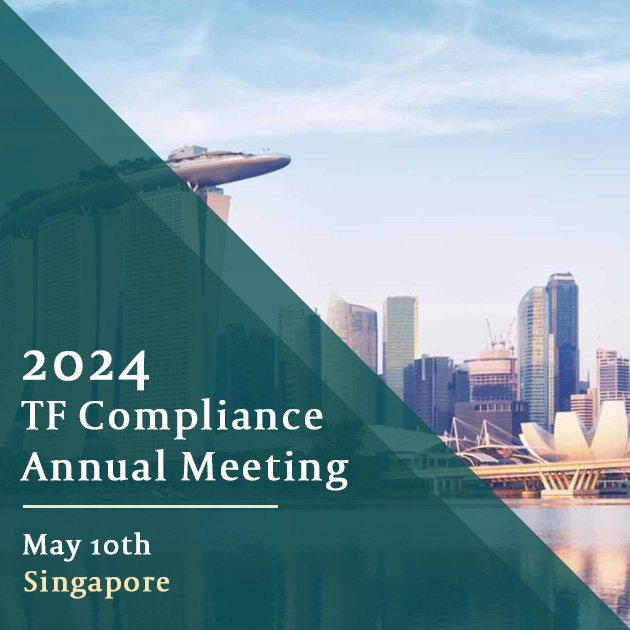Comprehensive survey of trade-based money laundering released
Trade-based money laundering (TBML) in several countries is under scrutiny in the US State Department’s recently released 2015 International Narcotics Control Strategy Report.
The report finds evidence of TBML throughout the world, with the authors expressing particular concerns over activities in Asia, the Middle East, Central and South America and the Caribbean.
Central America
In Central America the report expresses concern over Belize, where the authorities believe the Corozal Free Zone –designed to attract Mexican citizens for duty free shopping –is heavily involved in TBML and the illicit importation of duty free products.
While Costa Rica is countering other types of money laundering the report says that TBML is used but remains undetected.
South America
Brazil’s Trade Transparency Unit, in partnership with US Immigration and Customs
Enforcement, is analysing, identifying, and investigating companies and individuals involved in TBML activities between the two countries. As a result of data comparison, the government identified millions of dollars of lost revenue
Colombia’s Black Market Peso Exchange is described by the report as “one of the most pernicious” methods of money laundering (AML Newsflow, 30 March 2015). According to experienced BMPE industry workers, evasion of the normal customs charges is frequently facilitated by the complicity of corrupt Colombian customs authorities.
Asia
In China, proceeds from the drugs trade are generally laundered via TBML, invoice manipulation and bulk cash smuggling the report says.
It highlights the absence of currency and exchange controls in Hong Kong, which make it vulnerable to money laundering, including TBML. The authors recommend that Hong Kong, should “closely examine” its anti-TBML activities.
The report says that India-based transnational criminal organisations use offshore corporations and TBML to disguise the criminal origin of funds while companies use TBML to evade capital controls.
Pakistan-Afghanistan
Another area of concern is the Pakistan-Afghanistan border says the report, which recommends that Pakistani law enforcement and customs authorities should address TBML and value transfer, particularly as it forms the basis for counter valuation between the much used hawaladar money exchange operations.
A crack down on what the report describes as massive trade and customs fraud, including within the framework of the Afghanistan-Pakistan Transit Trade Agreement, would also translate into much needed revenue for the governments of both countries.
Middle East
In Iran, counter-valuation in hawala transactions is often accomplished via trade, thus trade-based transactions are a prevalent form of money laundering. Many hawaladars have ties to the regional hawala hub in Dubai.
The report describes TBML as a “significant problem in Iraq and the surrounding region.”
UAE and Palestine
All facets of TBML should be given greater scrutiny by UAE customs and law enforcement officials, including customs fraud, trade in gold and precious gems, commodities used as counter-valuation in hawala transactions, recommends the report.
It says there are some indications that TBML is employed in the UAE to fund
networks evading sanctions and terrorist groups in Afghanistan, Pakistan, and Somalia.
In territory governed by the Palestine Authority, officials consider TBML along with customs fraud are among the largest money laundering threats.
The full report can be found here: 2015 International Narcotics Control Strategy Report.
Tags In
Related Posts
Trade Based Financial Crime
Trade Based Financial Crime
This online training course provides you with the technical knowledge required to succeed within the trade finance compliance landscape.







